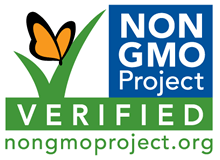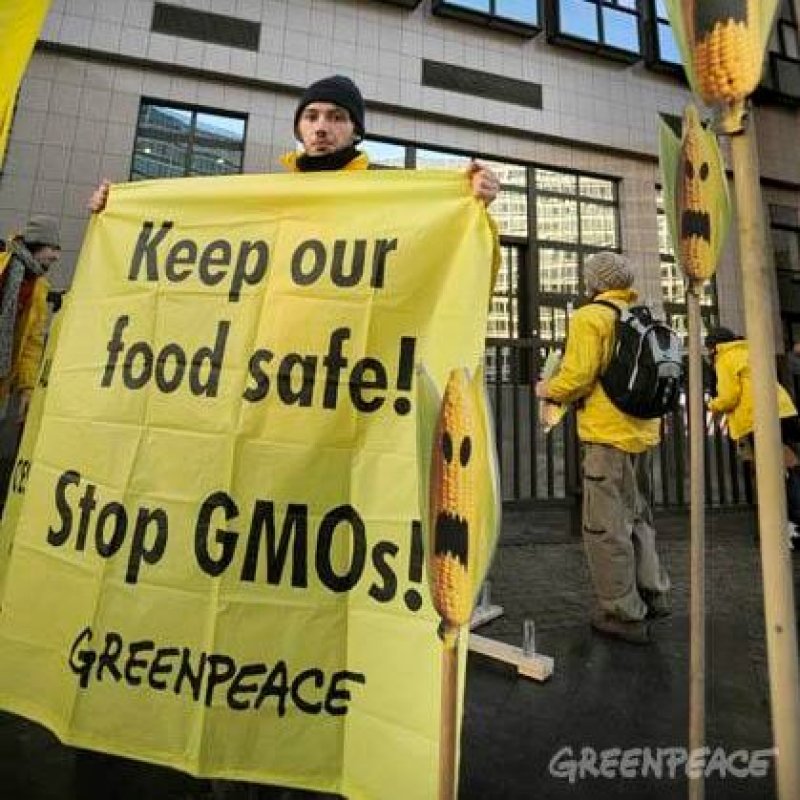In the past, I have asked….two very silly sounding questions toward Greenpeace. Why do they like watermelons? And why do they like grapefruits? As nonsensical as these questions sound, they are….the most important ones to be asking the organization right now. This is because they show Greenpeace’s opposition to GMOs to be based on ideology, ignorance, and fear, and not a concern for the environment. They show that their position isn’t just inaccurate, but full of hypocrisies and entirely deliberate miscommunication of the technology.
…
Two reasons [Greenpeace] gives [for opposing genetic engineering] are that it is inherently unnatural, and they are worried that modified genes may be taken up by other organisms.
…
Horizontal gene transfer (HGT) is the movement of genetic material between….organisms other than by the transmission of DNA from parent to offspring. In other words, genetic information is passed “sideways” to an unrelated organism….
One such example is the Monarch butterfly, whose genetic makeup includes genes that originated in parasitic wasps.
…
How embarrassing would it be if an anti-GMO organization were to use this animal in their logo?
…
So, why does Greenpeace like butterflies? The same reason they like the watermelon and the grapefruit, because if they didn’t, people would see how ridiculously child-like their ‘painting all GMOs with the same brush’ opposition is. They would see that their position isn’t just inaccurate, but full of hypocrisies and a deliberate miscommunication of the technology.
Read full, original article: Why Does Greenpeace like Butterflies?































